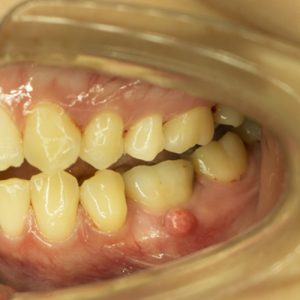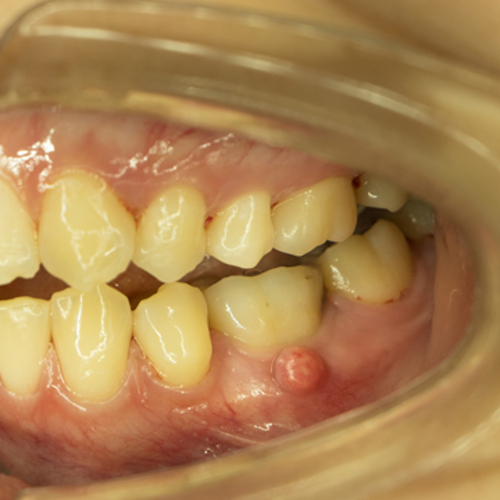 Bloomsburg, Danville, and Lewisburg, PA
Bloomsburg, Danville, and Lewisburg, PA
You probably know that an infected tooth is not a good thing, but did you know that one of these infections actually could kill you?
As proven by years of scientific study, infections in the mouth can spread to other parts of the body—including vital organs such as the heart, lungs, kidneys, and brain. Infections in the mouth also have been known to travel to newly placed valves, organ transplants, and joint implants. Your Bloomsburg dentists at Hamilton Dental Care want you to be aware of the potentially life-threatening consequences of an infected tooth, and how you can avoid getting one in the first place.
When a tooth becomes life threatening
An infected tooth, which is caused by extensive tooth decay or a severely broken tooth, becomes dangerous when left untreated. When a tooth develops an abscess, a pimple-like sore develops on the gums at the site of the infected tooth, a sure sign of a dental problem. The infection may leak bacteria into your bloodstream. This is how the infection is transmitted throughout your body, as the infected bacteria stick to the cellular walls of blood vessels and organs. From there, the bacteria can spread, create obstructions or break away to implant somewhere else in the body. In rare cases, the infection can reach the brain or heart—where it can become fatal. In some instances, an infected tooth may not exhibit warning signs such as pain or discomfort, which is why routine exams are important to guard your oral health and overall health.
Seek the care of a professional dentist
While many sufferers of an abscessed tooth end up in an emergency room seeking treatment or relief from their pain, a dentist is the only qualified professional that can treat an infected tooth.
Just like any problem with your oral health, early diagnosis is crucial. Identifying oral health issues in the early stages typically results in less invasive treatment. Your best defense against an infected tooth is to be proactive. Maintain a regular schedule of dental appointments, visiting your local Bloomsburg dentist once every six months for a check-up and dental cleaning. This examination helps your dentist maintain a steady record of your oral health, and also makes it easier to identify any dramatic changes in your oral condition—such as an infected tooth. Also, be sure to practice good oral hygiene at home by brushing and flossing daily.
Know the symptoms of an abscessed tooth
Symptoms of an infected tooth may include pain, sensitivity to hot and cold, a fever, facial swelling, a foul smell or taste in your mouth, or swollen lymph nodes. Should you experience any of these symptoms, immediately seek the care of your Bloomsburg dentist at Hamilton Dental Care.
Family Dentist in Bloomsburg
We hope you never have to deal with an infected tooth, but if this happens to you, the compassionate and well-trained dentists at Hamilton Dental Care can help. Just contact our office at (570) 387-0533 to schedule a consultation.
Hamilton Dental Care is proud to offer world-class oral care services to patients in the areas of Bloomsburg, Danville, and Lewisburg, Pennsylvania.







Comments are closed